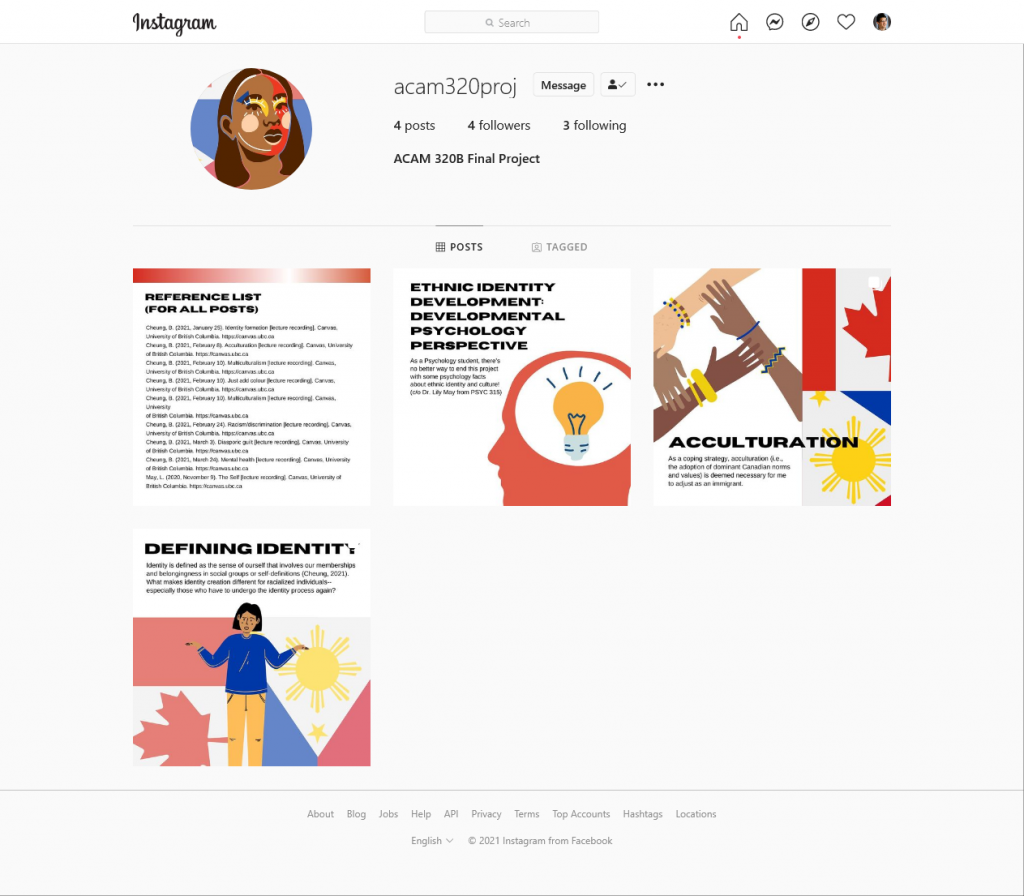“[T]hat’ll be the day when we really have that freedom.”
Creator:
Kaitlyn Lee (she/hers)
Guest:
Cathy Huynh
Racialized and minoritized individuals involved in the arts often face a dilemma: On the one hand, being minoritized means feeling external pressure to have to tell stories associated with one’s minority group(s). On the other hand, there is an internal desire to tell stories that are true to themselves as an individual, and not to be known only as their minoritized identity. What does freedom from this dilemma mean? Kaitlyn interviews her friend and Vietnamese Canadian filmmaker, Cathy Huynh, to discuss how these opposing pressures play out in the filmmaking process, how they affect her as a filmmaker, and how she reconciles them.

